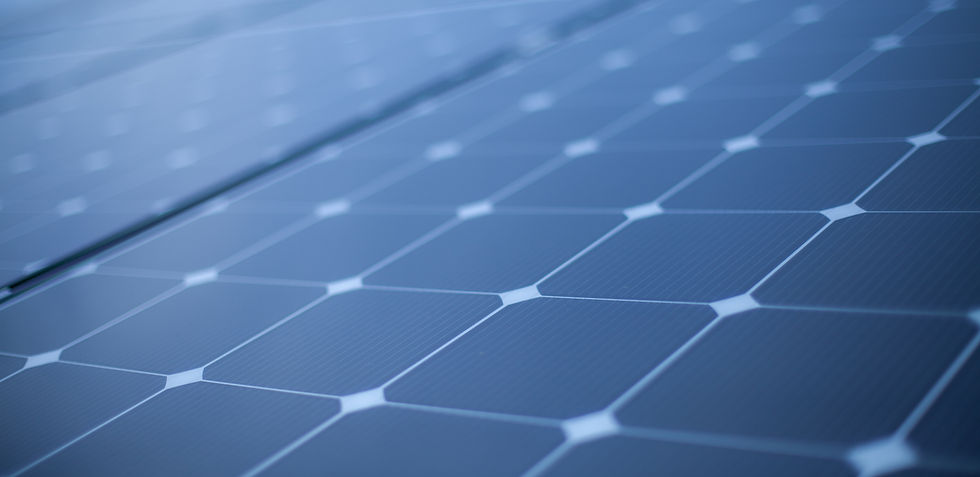
In a world increasingly driven by sustainability, the question on many Irish homeowners' minds is, "Should I get solar panels?" This comprehensive guide aims to shed light on the decision-making process, addressing the key considerations, benefits, and factors specific to the Irish market. As we embark on this solar journey, we'll explore the various aspects that can influence your decision to harness the power of the sun.
Understanding the Irish Context
1. Ireland's Solar Potential:
Ireland may not be renowned for its tropical climate, but it boasts a surprisingly robust solar potential. Even in cloudier conditions, solar panels can effectively harness sunlight to generate electricity, making them a viable option for homeowners across the country.
2. Government Incentives:
The Irish government, through the Sustainable Energy Authority of Ireland (SEAI), offers various incentives to promote solar panel adoption. There is currently a grant available from the SEAI for €2100 towards Solar Panel Installations and is also 0% of first time installs. These incentives include grants and financial supports, making the transition to solar energy more attractive for homeowners.
Key Considerations
1. Energy Consumption:
Assess your household's energy needs. Understanding your energy consumption patterns helps determine the size and capacity of the solar panel system required.
2. Roof Orientation and Space:
The orientation and available space on your roof are crucial factors. South-facing roofs receive the most sunlight in the Northern Hemisphere, optimizing energy production.
3. Budget and Financing:
Consider your budget and explore financing options. While the initial investment is significant, the long-term savings on energy bills and government incentives can make solar panels a financially sound choice.
4. Maintenance and Longevity:
Solar panels are relatively low-maintenance, with few moving parts. Understanding the longevity and warranty of the panels helps in assessing the overall cost-effectiveness.
The Environmental Impact
1. Carbon Footprint Reduction:
By generating clean energy, solar panels contribute to a significant reduction in your carbon footprint. This eco-friendly aspect aligns with Ireland's commitment to a greener future.
2. Energy Independence:
Solar panels provide a degree of energy independence, reducing reliance on traditional energy sources. This aligns with Ireland's goals for sustainable energy practices.
Addressing Common Concerns
1. Cloudy Days and Seasonal Changes:
Contrary to common misconceptions, solar panels can generate electricity on cloudy days. Additionally, advancements in technology have improved their efficiency in capturing sunlight during various seasons.
2. Initial Investment vs. Long-Term Savings:
While the upfront cost may seem daunting, it's crucial to view solar panels as a long-term investment. The savings on energy bills, coupled with government incentives, contribute to a positive return on investment over time.
The Decision-Making Process
1. Consultation with Solar Experts:
Seek guidance from solar energy experts. A consultation with professionals can provide personalized insights based on your specific circumstances and energy needs.
2. Energy Efficiency Audit:
Conduct an energy efficiency audit of your home. Identify and address any inefficiencies before investing in solar panels to maximize the system's impact.
Should I Get Solar Panels? A Personalized Decision
In answering the pivotal question – should you get solar panels – the response is highly individualized. It hinges on factors such as your energy goals, budget, and commitment to sustainable living. With the right considerations and a clear understanding of the Irish context, solar panels can be a transformative addition to your home.
As the Irish energy landscape evolves, embracing solar power not only aligns with global sustainability goals but also positions homeowners as active contributors to a cleaner and greener Ireland. So, should you get solar panels? The decision is yours to make, but with the sun shining on Ireland, the potential for a brighter, more sustainable future is undeniable.

Comments